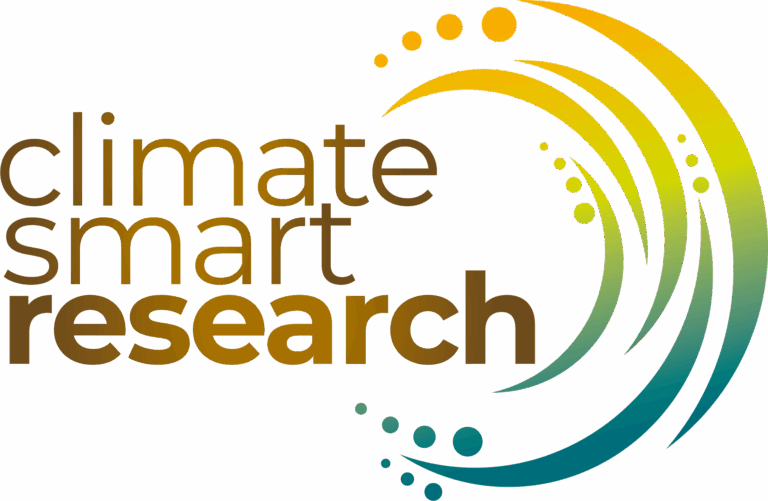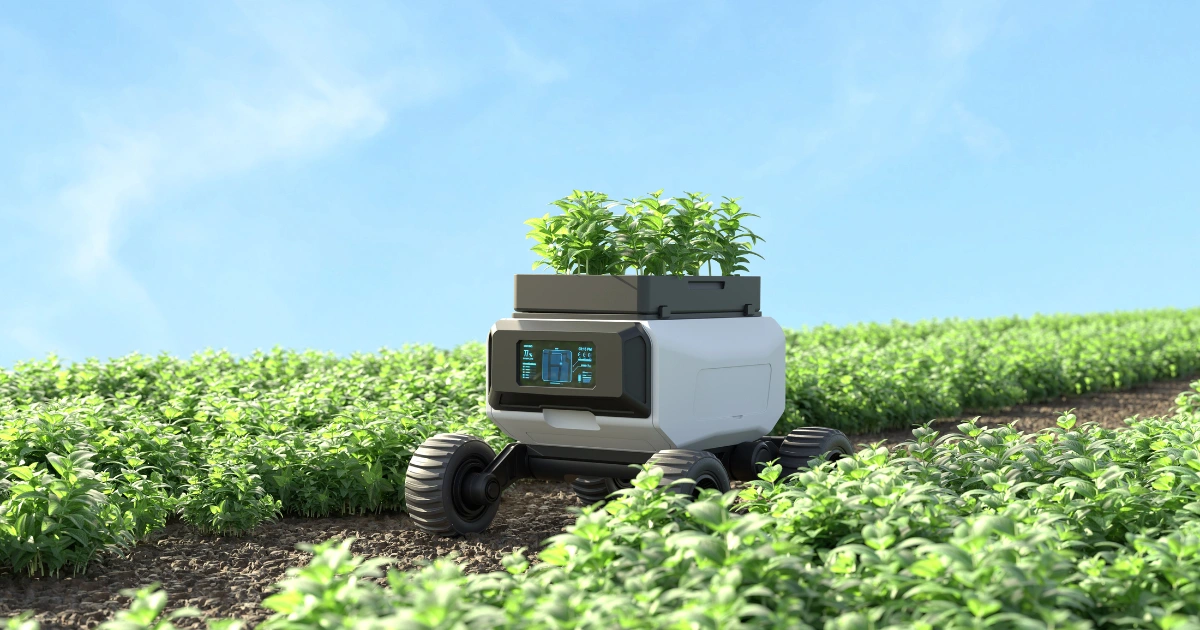A major new EU-funded research and innovation project, Climate Smart Research (CSR), has officially launched. Over the next five years, the project will develop, test, and promote cutting-edge solutions for Climate Smart Farming (CSF), to accelerate the transition toward climate-neutral agriculture in Europe.
Coordinated by Wageningen Research (The Netherlands), CSR connects a network of 29 Experimental Research Stations (ERS), involving universities, applied research institutions, advisory services, NGOs, and SMEs. Funded under the Horizon Europe programme, CSR is designed to drive systemic change through practical, science-based innovation in the agriculture sector.
The project officially kicked off with a three-day launch meeting, held from 10–12 September 2025 in Lelystad, the Netherlands, where partners gathered to align on goals, ambitions, plans, and to kick-start joint activities.
As agriculture faces growing pressure to adapt to climate change while reducing greenhouse gas emissions, the CSR project aims to address this challenge through innovation, collaboration, and practical impact. CSR will research interactions of adaptation and mitigation measures including their synergies and trade-offs. It will focus on improving technology and productivity, resilience, and sustainability.
Over the course of five years, the Climate Smart Research project will:
- Develop and test new climate-smart farming approaches at 10 Pioneering Experimental Research Stations (PioneERS) across four major European climate zones.
- Validate and compare climate tools and services (like emissions monitoring systems and decision-support tools) on 19 Innovative Experimental Research Stations (InnovatERS).
- Engage with farmers, advisors, policymakers, and citizens, ensuring that practical solutions are co-developed, tested in real-world settings, and ready to be scaled up.
- Build long-term knowledge networks among research institutions and strengthen their connection with the national Agricultural Knowledge and Innovation Systems (AKIS).
- Deliver actionable results, including a knowledge repository, business models, policy recommendations, and over 150 practice abstracts for use across the EU.

